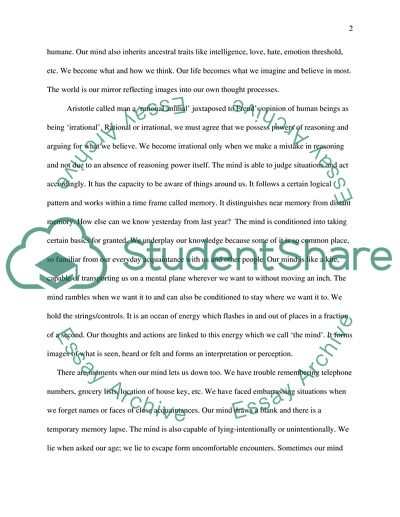Cite this document
(“Whats True About the Mind Essay Example | Topics and Well Written Essays - 1500 words - 1”, n.d.)
Retrieved from https://studentshare.org/psychology/1543400-what-is-true-about-the-mind
Retrieved from https://studentshare.org/psychology/1543400-what-is-true-about-the-mind
(Whats True About the Mind Essay Example | Topics and Well Written Essays - 1500 Words - 1)
https://studentshare.org/psychology/1543400-what-is-true-about-the-mind.
https://studentshare.org/psychology/1543400-what-is-true-about-the-mind.
“Whats True About the Mind Essay Example | Topics and Well Written Essays - 1500 Words - 1”, n.d. https://studentshare.org/psychology/1543400-what-is-true-about-the-mind.


